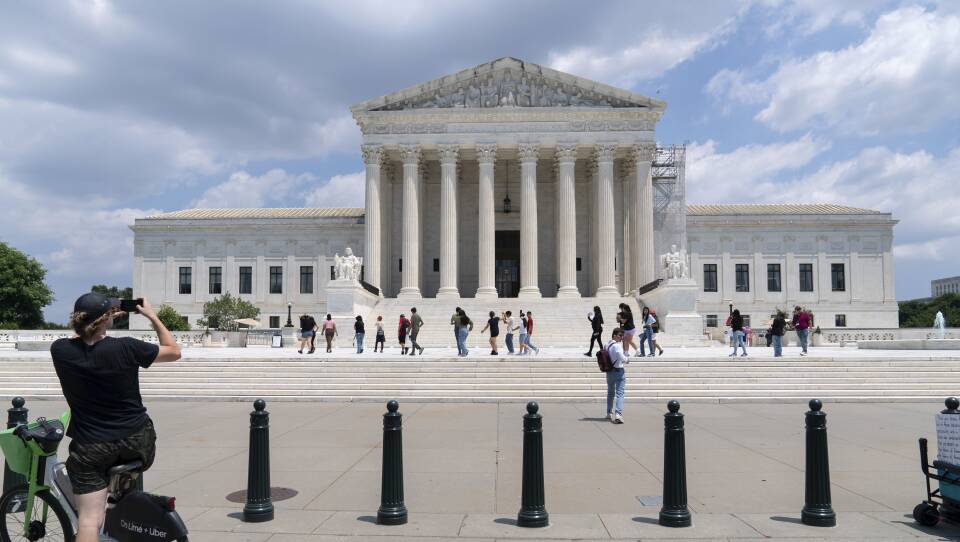President Joe Biden is pushing for reforms to the Supreme Court. He proposed an enforceable code of conduct for justices, 18-year term limits and making it clear there’s no presidential immunity for crimes committed while in office.
A recent USA Today/Ipsos poll found a majority of Americans support all three of those proposals.
“What Biden is doing, in one sense, [is] commonsense Supreme Court reform,” Nancy Gertner said on Boston Public Radio Friday.
Gertner was part of the Presidential Commission on the Supreme Court, a group of scholars who reviewed the robust and complex Supreme Court system. She said the changes Biden has recommended would put the United States in line with other countries’ judicial systems.
“We were the first Supreme Court ... everyone else who created courts since then came up with more guardrails,” she said.
With regard to the specific recommendations, Gertner said existing statutes could be used to hold justices to a code of conduct.
“The existing statutes could be used to prosecute justices who’ve run afoul of these statutes,” Gertner said, referencing Associate Justice Clarence Thomas’ undisclosed trips to New Zealand.
Enforcement of a code of conduct could be managed by a panel of judges, an inspector general or a judicial conference. But, she said, there’s been notable criticism of this idea.
“There were many on the commission that thought you couldn’t have anyone sit in judgment on the conduct of justices, except of course for impeachment,” she said. “That’s preposterous.”
With regard to term limits, Gertner explained there are differing opinions on how to interpret the Constitution’s guarantee for justices’ tenure. She said one possibility would be to change a justice’s title after they complete their service on the Supreme Court. That would allow someone to continue in their judicial career on other courts of appeals.
“If you’re not taking away their judicial office, so the argument goes, you don’t need a constitutional amendment,” Gertner said. “The Constitution speaks about a position for life. And so the argument here would be being a judge is the position, not necessarily a justice.”




